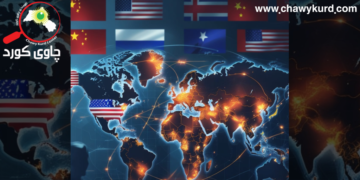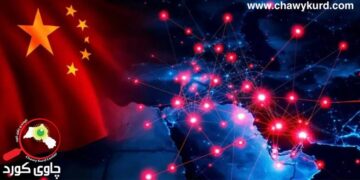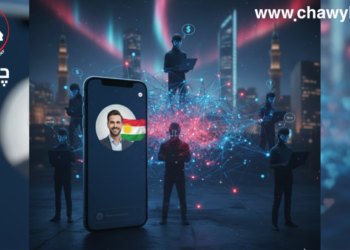Trust is a vital link between individuals in society, individuals and governments, as well as individuals and institutions. This is important because trust determines the type of relationship between two or more parties. However, this relationship between individuals at the level of society and government at the level of authority and government requires strong trust in order for the type of relationship to be credible and strong. Because the government represents its people and becomes the ruler by the vote of the people, it must meet the trust of the people. From this piece of writing we want to discuss trust and its types in terms of concepts, as well as the situation of Kurdistan Regional Government citizens and their relationship with the Kurdistan Regional Government and present a solution to regain people’s trust by the government.
Trust: – It is having a positive attitude towards an individual, group of people, or institution, party or a group, etc. It is so important that it determines the direction of human behavior and is reflected in his actions.
An individual is given trust when he voluntarily makes his resources available to another party without any legal obligation between them. Furthermore, the act of trust depends on the expectations that the other party has. In other words, trust is an active behavior, where you take the first step to trust someone and expect them to act accordingly.
Trust between the people and the government: – It is the assurance of the work and actions of the government and its institutions by the citizens of the country that whatever the government does fair and appropriate and in the interest of its citizens.
Trust in government is built on two principles:-
First, social trust; It is a type of trust that represents the citizen’s belief in his social community.
Second, political trust represents citizens’ trust in their systems and institutions.
Social movements carry out their activities in several ways in order to achieve the goals they are trying to achieve:
- Non-violent methods (Collective action) include: – demonstrations, boycott, collecting signatures, lobbying, rallies, etc
- Violent methods: such as destruction (burning, stoning and distortion), obstruction, hunger strike, etc
When demonstrations change from peaceful to violent, trust between citizens and the government is at its worst, because social movements always define their goals in four ways (alternative, re-liberation, reform, revolution). The current situation in Kurdistan reflects the death of trust between the government and citizens, repeated promises and false discourse has completely disappointed citizens so that social movements are changing their direction from the message of reform to the message of violence. On the other hand, these social movements use boycott tactics as another form of protest, which has caused most academic and administrative institutions to disrupt and suspend their activities.





























































